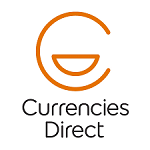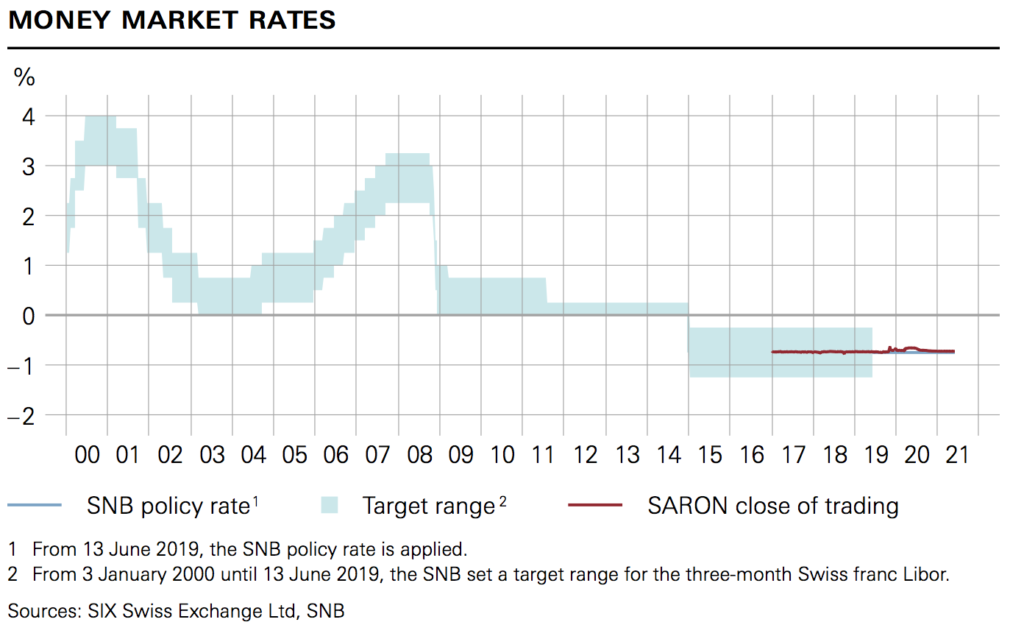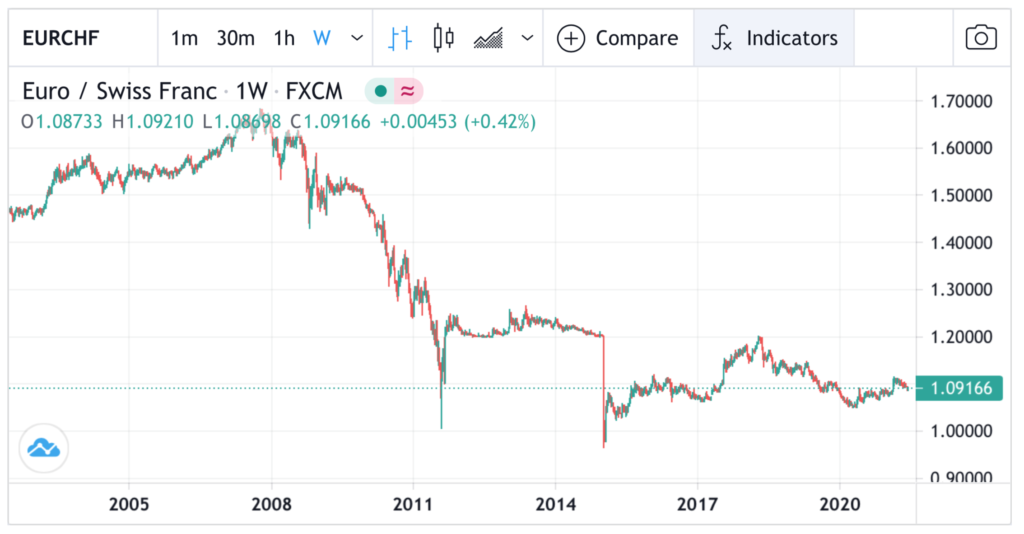-
 Jackson Wong PhD
Jackson Wong PhD
- Updated
In this guide, we will explain the best ways to send money to Switzerland using currency brokers for large amounts and money transfer apps for smaller amounts. Use our comparison of what we think are the best accounts for sending money to Switzerland to compare how many currencies they offer, what the minimum and maximum transfer sizes are, or if they offer currency forwards and currency options. You can also see how established a company is by comparing when they were founded, how many customers they have and how much money they transfer abroad.
Best ways to send money to Switzerland from the UK
- Use a currency broker like OFX for large CHF money transfers
- Use a money transfer app like Wise for smaller CHF money transfers
- Never use your bank for CHF money transfers as it is very expensive unless you are with a new fintech bank like Revolut that has discounted exchange rates
| Currency Broker | Number of Currencies | Min Transfer | Forward Contracts | Same Day | Customer Reviews | Get Quote |
|---|---|---|---|---|---|---|
 | 40 | £100 | 24 months | ✔️ | 4.9
(Based on 2,604 reviews)
| Request Quote |
 | 40 | £100 | 12 months | ✔️ | 4.8
(Based on 912 reviews)
| Request Quote |
 | 55+ | £250 | 12 months | ✔️ | 4.4
(Based on 49 reviews)
| Request Quote |
 | 30+ | £3,000 | 24 months | ✔️ | 4.7
(Based on 91 reviews)
| Request Quote |
Methodology
We have chosen what we think are the best ways to send money to Switzerland based on:
- over 17,000 votes in our annual awards
- our own experiences testing the currency brokers
- an in-depth comparison of the money transfer app features that make them stand out compared to alternatives.
- interviews with the international payment company CEOs and senior management
Compare exchange rates for sending money to Switzerland
Use our Swiss Franc Dollar exchange rate comparison tool to request quotes from multiple providers and see how you could save up to 4% on large CHF currency transfers versus using your bank when you send money to Switzerland.
Please note: The rates displayed in this currency conversion quote tool are supplied to us directly from the currency brokers as a percentage mark-up. Please ensure you read our guide to getting the best exchange rates guide.
History of the Swiss Franc (CHF)
The Swiss Franc is the currency of Switzerland and Liechtenstein. The FX abbreviation of the Swiss Franc is CHF.
While the Swiss economy is not in the top league in terms of size, the country’s financial sector is vibrant. Ergo, the swiss currency is very popular among traders. It is the seventh most traded currency in 2019. Moreover, the Swiss franc has long been considered a ‘hard currency’ (link). A hard currency is one that investors buy in terms of uncertainty, much like a safe-haven asset.
The Swiss National Bank is the central bank in charge of the currency and Switzerland’s monetary policy. Its chief mandate is price stability, which it equates to 2% in the consumer price index. Monetary decisions are taken every quarter (or more frequently, if necessary).
One aspect of the Swiss Franc worth noting is that it has been a negative-yielding currency. That it, the policy rate for the Swiss economy has been in negative territory since 2015 (see below). The Franc could be the funding currency for the ‘carry trade’.

Factors that move the Swiss Franc (CHF) exchange rate
The Swiss Franc is a hard currency that its usually value appreciates during financial crises. As such, the economic and financial performances of its neighbours, particularly the Eurozone, can drive the movement of the Swiss Franc.
Eurozone – During the PIIGS sovereign debt crisis in 2009-11, investors stampeded out of the Euro into the Swiss Franc. The value of the Franc surged uncontrollably because investors feared the breakup of the Eurozone. To protect their wealth, investors bought a massive amount of Franc – a trend amplified by leveraged positions held by funds (see below).
Intervention – Another factor to consider when trading the Swiss franc is the possibility of intervention by the Swiss National Bank. The SNB has a history of intervening in the market as the Swiss Franc is so volatile. In 2011, for example, SNB feared the deflationary impact of an over-valued exchange rate, so it pegged the Franc to the Euro at 1.2000 when the rate was touching parity. This is to prevent a further appreciation of the Franc.
A few years later, when the SNB unpegged the rate out of the blue, it caused turmoil in the FX market as it was highly unexpected.
Just recently (June 17, 2021) the SNB wrote that it ‘remains willing to intervene in the foreign exchange market as necessary‘ and that the ‘Swiss Franc remains highly valued‘. This is to warn traders that it does not want the Franc to become too strong.
Interest rates – Another factor to consider when buying and selling the Franc is interest rates. Right now, the Swiss policy rate is very low. In fact, the rate is at a negative 75 basis points (-0.75%). This is because the central bank wants to cap Franc’s strength by penalising capital holding the Franc.
Despite the negative policy rate, the Swiss Franc is trading at 1.10 against the Euro, a remarkably strong position as it is close to parity and much higher in value than in 2009.

Bottom line – The Swiss Franc is a strong currency. The country’s central bank has been actively intervening in the market to prevent the Franc from surging to unacceptable levels. This led to rangebound movements in the currency and a lack of sustained directionally trend.
Live Swiss Franc (CHF) exchange rates
The current best Swiss Franc (CHF) exchange rate versus other G10 currencies is the mid-market price which is:
| Australian Dollar (AUD) | 1.886438 |
| Canadian Dollar (CAD) | 1.731412 |
| European Union Euro (EUR) | 1.075327 |
| Japanese Yen (JPY) | 197.775 |
| New Zealand Dollar (NZD) | 2.189217 |
| Norwegian Krone (NOK) | 12.71025 |
| United Kingdom Pound Sterling (GBP) | 0.937805 |
| Swedish Krona (SEK) | 11.6394 |
| States Dollar (USD) | 1.26272862 |
Sending money to Switzerland FAQ:
The best way to send large amounts of money to Switzerland is to use a currency broker.
As well as getting the best exchange rates, if you send money to Switzerland with a currency broker you also get:
- Expert help and advice to reduce your risk and exposure
- Dedicated account managers every step of the way
- Convert funds online and platform access 24/7
- Same day and forward currency exchange contracts
- Zero service charge, commission or transfer fees
- Transfer money direct to single or multiple beneficiary accounts
When you convert and transfer Swiss Francs (CHF) with a currency broker your fixed exchange should be a maximum of 0.5% from the mid-market for currency transfers. To put this in perspective, banks traditionally charge 3-5% which means that if you are sending £100,000 worth of CHF you could save up to £4,500 with a currency broker versus the banks.
Request a quote to see how much you can save – you’ll find a better CHF exchange rate than by using your bank.
Our comparison tables and CHF exchange rate quote request forms will help you find the best Norwegian Krone exchange rate. Our exchange rate comparison tables highlight the key features of currency transfer providers whereas CHF exchange rate quote request forms will make currency brokers compete for your business by offering the best exchange rate.
Here are a few tips on getting the best CHF exchange rate when sending money to Switzerland
- Always compare (read our guide to comparing exchange rates here)
- Never go with your bank
- Understand the fees
- Use a currency forward to lock in the current exchange rate
If you think the Swiss Franc exchange rate is going to go in your favour you should wait. Or, if you are worried the rate will move against you, it is possible to lock in the current rate for up to a year in advance with a currency forward.
Yes, you can send money using PayPal, but it is very expensive. If you are only planning on sending a small amount of money to Switzerland a money transfer app is much cheaper.
With a currency broker, you can send an unlimited amount of money to Switzerland. Money transfer apps are good for sending under £10,000. Banks are the worst way to send money to Switzerland because of the high fees.
The three main ways to send money to Switzerland are:
- Large amounts – currency brokers like Key Currency, Global Reach and OFX
- Medium amounts money transfer apps Like Wise and XE
- Small and cash amounts – wire transfer providers like Western Union (WU)
Yes, the best way to get the currency exchange rate if you want to send money to Switzerland is to use a currency forward where you buy the currency now by putting down a small deposit and pay the balance when you make the transfer.
This article contains affiliate links which may earn us some form of income if you go on to open an account. However, if you would rather visit the CHF money transfer providers via a non-affiliate link, you can view them directly here:

